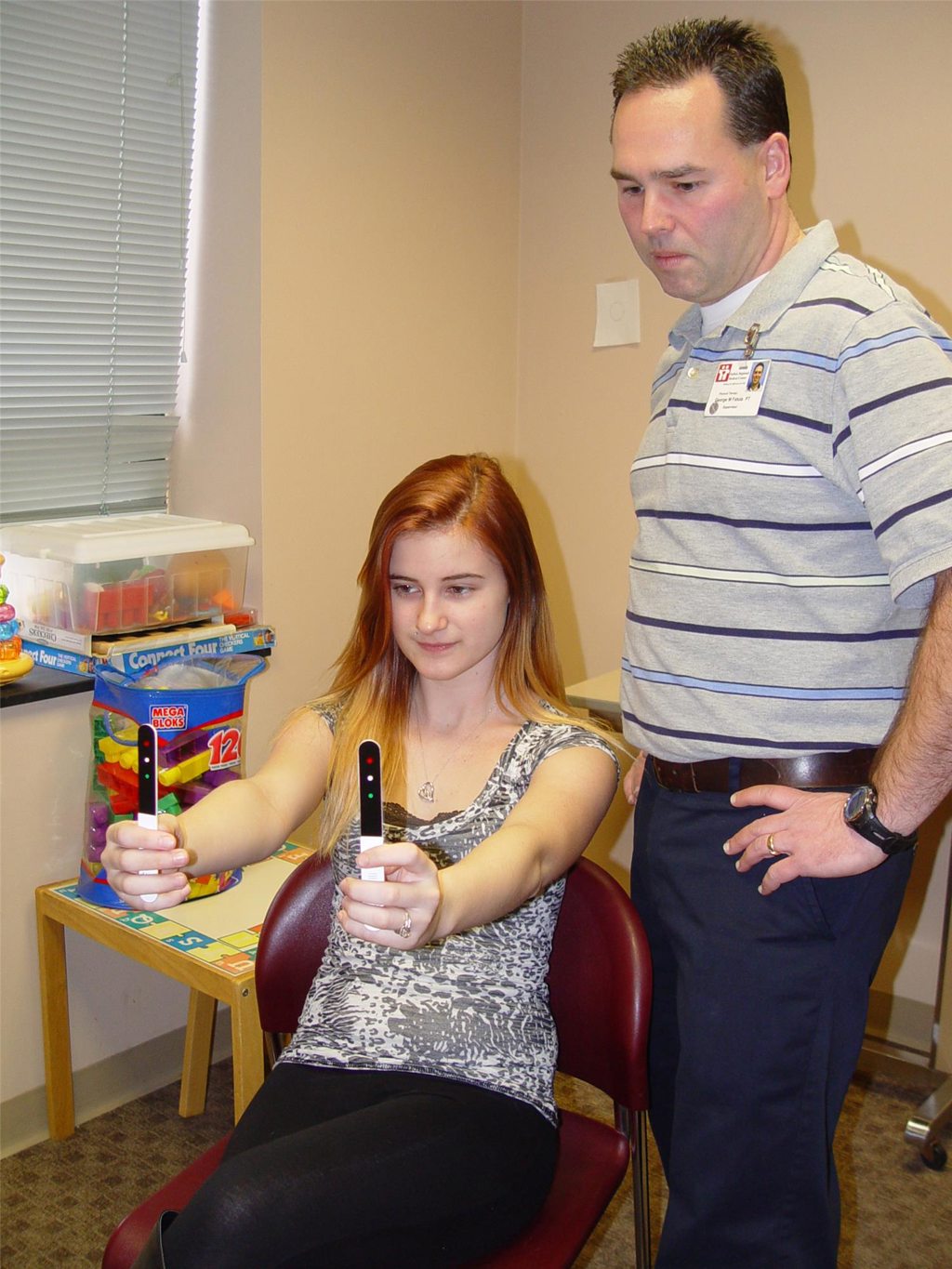Concussion Symposium to be held March 25
They can happen through accidents. And they happen more often than one thinks. Learn more by joining Penn Highlands Healthcare for a Concussion Symposium to be held from 6-8 p.m., Wednesday, March 25, in the Central Resource Center at Penn Highlands DuBois West along Hospital Avenue, DuBois.
Who should come? Student athletes, parents or grandparents of a student athlete, teachers, athletic directors or coaches of any sport for any age in any school, community organization or league. Organized by the hospital, “this information is meant to help avoid the long-term brain damage that can occur if a concussion is not recognized and not properly treated,” according to Dr. Brian Vaske, pediatrician at Penn Highlands Healthcare.
Presented in a fun question and answer format of a panel of experts, it will be moderated by Dr. Matthew Bridgman, neuropsychologist and credentialed ImPACT consultant from PH DuBois. On the panel will be Stephen “Chip” Sheer, certified athletic trainer based at Brookville Area High School; Pat Dennison and George Fatula, both physical therapists, all of PH DuBois; and Vaske.
Through the media and maybe through personal experiences, concussions happen at all levels of play – through college sports to professional – and through accidents to adults and children at home. They can occur and not even be recognized because symptoms don’t always make sense.
What are the warning signs of a concussion? “The warning signs of a concussion are sometimes obvious,” Bridgman said, “like losing consciousness, balance difficulty, severe headache and confusion. However, some signs are not so obvious, such as lightheadedness, mental fogginess, light sensitivity, concentration difficulty and forgetfulness.” Bridgman will explain the science of a concussion and why the injury affects the brain as it does.
Sheer is well-versed in the Pennsylvania Youth Sports Act. “The Safety in Youth sports act is to better protect the athletes playing and helping coaches by getting education in concussion,” Sheer said. “It helps coaches recognize potential concussions. Once a athlete is suspected of sustaining a concussion, provisions in the law require a trained medical professional to release them back to competition.” Offered in many schools for student athletes and for some non-school sports in the area, he will discuss ImPACT baseline testing.
ImPACT testing is a computer-based program that gauges through exercises how a student’s brain is functioning. After an injury, the results will be different, and the test can be used to show when a student is back to where he or she should be. Free testing will be offered at PH DuBois on Saturdays, April 11 and April 18, for area youth ages 10 and up by appointment. Information on this will also be provided.
Sheer will also discuss on-field and initial management of a concussion. This is especially helpful for coaches because “coaches are the first line of detection in youth sports. Once you can pick out symptoms of a possible concussion, you are less likely to return an athlete to play and risk further injury,” Sheer said. “Once coaches can pick out symptoms, they can get the athlete looked at by the right medical professional.”
Vaske will discuss the medical management of a concussion. What is (or should be) involved in first visit with your physician or concussion specialist, and what are the goals of that first visit? He will add what doctors are looking for during exams and testing. He will discuss healing times and how schools are a partner in the treatment along with neuropsychologists, athletic trainers and physical therapists.
Fatula and Dennison will focus on vestibular and ocular problems associated with concussions. They will also discuss the role of physical exertion in proper concussion management. The vestibular system is made up of structures found in the inner ear with nerve connections to the brain and eyes, Dennison said. It detects motion of the head that helps us to stabilize our gaze and keep our balance. Examples of vestibular-ocular problems after concussion include: dizziness, headache, trouble with balance, blurry vision and/or double vision, difficulty focusing, and motion discomfort.
“Individuals with vestibular problems after concussion can face challenges such as dizziness with simple activities involving head movements, walking in crowded or busy environments, or may complain of car sickness,” Dennison said.“Ocular problems can include blurry or double vision, difficulty reading, or trouble viewing a computer screen. Often times, ocular problems after concussion can contribute to headache complaints and sensitivity to light. Students suffering from vestibular-ocular problems after concussion often find completing schoolwork quite difficult.”
And physical exertion is also a factor. Physical exertion is any physical activities that increase your heart rate, according to Fatula. These can be as simple as walking or going up and down the stairs to more strenuous exercises such as running or biking. “Knowing when to return to activities is a key part of safely and effectively managing concussions,” Fatula said. “The use of a well developed return to activity criteria that uses progressive stages of physical exertion is a main focus. This gives a chance to monitor reaction or return of symptoms under exertion that may not be seen at rest before full return to pre-concussion physical activity level.”
Prevention is the key to keeping the brain healthy, Marty Maloney, director of The Rehabilitation Center at PH DuBois and PH Brookville, and the Joint Replacement Center, the Therapies and Athletic Trainers, all of PH DuBois, said. “Penn Highlands Healthcare has responded to this growing need by developing a multispecialty concussion team to ensure each patient is managed thoroughly and appropriately to ensure the healthy recovery.”
Those who attend will receive handouts to take home to review. There is no cost to attend. For more information regarding the symposium, contact Penn Highlands DuBois Physical Therapy Department at 375-3372.

